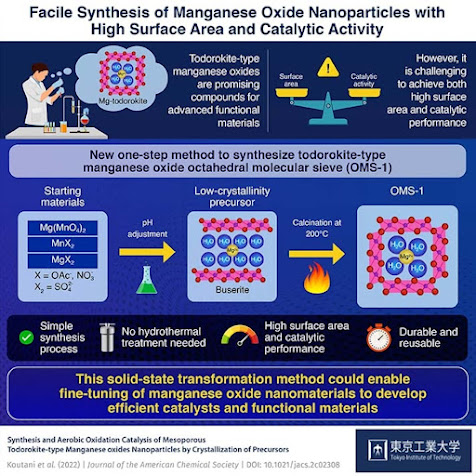More and more bacteria are becoming resistant to antibiotics. Bacteriophages are one alternative in the fight against bacteria: These viruses attack very particular bacteria in a highly specific way. Now a Munich research team has developed a new way to produce bacteriophages efficiently and without risk.
The World Health Organization (WHO) regards multi-resistant germs as among the largest threats to health. In the European Union alone, 33,000 people die each year as the result of bacterial infections which cannot be treated with antibiotics. Alternative treatments or drugs are therefore urgently needed.
Bacteriophages, the natural enemies of bacteria, are one promising solution. There are millions of different types of these viruses on earth, each of which specializes in certain bacteria. In nature, the viruses use the bacteria to reproduce; they insert their DNA into the bacteria, where the viruses quickly multiply. Ultimately, they kill off the cell and move on to infect new cells. Bacteriophages work as a specific antibiotic by attacking and destroying a particular type of bacterium.
"Bacteriophages offer an enormous potential for the highly effective, personalized therapy of infectious bacterial diseases," observes Gil Westmeyer, Professor of Neurobiological Engineering at the Technical University of Munich (TUM) and Director of the Institute for Synthetic Biomedicine at Helmholtz Munich. "However, in the past, it wasn't possible to produce bacteriophages in a targeted, reproducible, safe and efficient manner – although these are exactly the decisive criteria for the successful production of pharmaceuticals."









.jpg)





.jpg)

